01730 622544
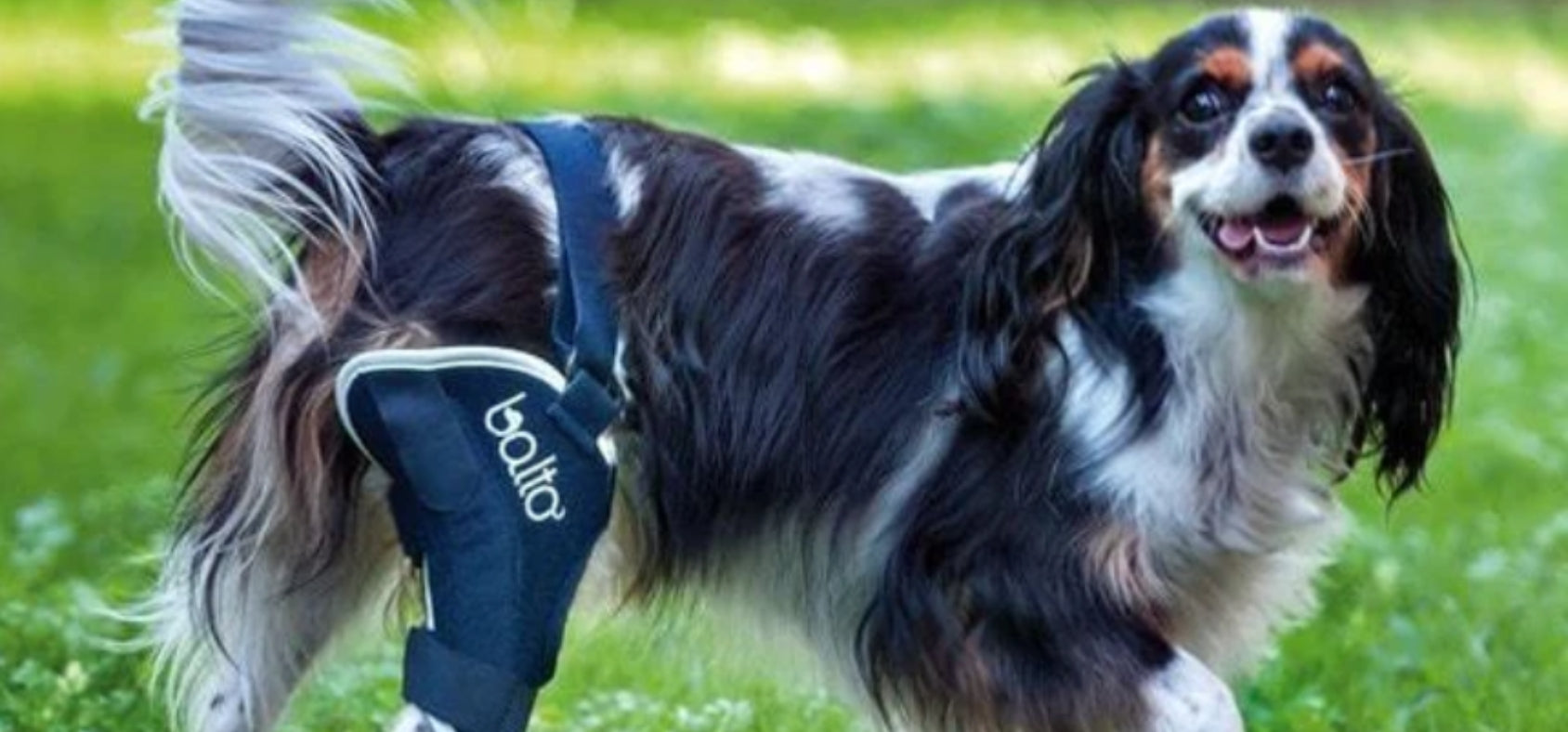
A Guide to Cruciate Injuries in Dogs
Unfortunately, cruciate injury is one of the most common causes of hind limb weakness in dogs - the knee is one of the weakest and most used joints in the body. The cruciate ligaments provide stability to the thigh bone (femur) and shin bone (tibia).
Ligament damage or strain leads to abnormal movement of these bones, which can cause pain, tissue damage, inflammation, fluid accumulation in the joint, arthritis and difficulty using and putting weight on the leg. The most common reason for cruciate ligament injury is due to long-term degeneration, where the ligament is weakened through overuse or time. Genetic factors may have a part to play in this, as certain breeds such as Labradors, Rottweilers, Boxers, West Highland Terriers and Newfoundlands appear to be predisposed to cruciate problems. Other factors such as obesity, hormonal imbalances and inflammatory conditions may make a dog more likely to develop cruciate injuries.
The symptoms of a cruciate tear or injury include:
- Lameness in the back legs
- 'Touching of the Paw' - when the dog is at rest, it will have the tip of it's paw on the ground rather than the entire paw pad and not properly weight bearing on it
- Lack of enthusiasm for going for walks or exercising - refusal to walk long distances or repeatedly get up from a resting position
- Pain when using the leg - yelping or limping
- Reduction of size of the knee - muscle wastage and reduction as the muscles are used less
- Abnormal gait or slower movement
- Limping may only appear after exercise or it may be chronic
- Surgery - vets can perform surgery on the knee to remove any damaged cartilage and to place an artificial tendon into the joint. This can be an expensive operation, costs range from £500 - £3000, it is advised to check your pet insurance company to see if it is covered in your policy.
- Supportive Knee Brace - Orthodog make a supportive brace which offers therapeutic support and stabilization before and / or after surgery, or alternatively in cases when surgery is not necessary or feasible. Immobilization of the knee and leg promotes reduced pain, inflammation and support during healing. In 60% of cases, a dog with a torn ACL will later injure the other knee, so it is vital to prevent any further damage to the other knee or joints.
- Rehabilitation exercises - Whether or not you decide to opt for surgery, there are gentle exercises and massage techniques which can be used to supplement whichever treatment route you take. We have a free rehabiltation guide available for download online which explains the techniques available, as well as providing a weekly progress chart, further information and tips to help your dog recover.
- Hydrotherapy - There are lots of hydrotherapy clinics across the country which have trained animal physiotherapists who can do gentle exercises in the water with your dog, which promote muscle repair and recovery after surgery.
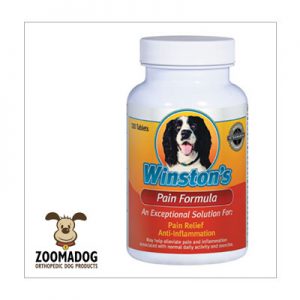
- Supplements and Pain Relief - Food supplements are available for dogs which assist the body's natural repair and immune response. We stock a range of drug free, natural supplements which can assist mobility, recovery from surgery and joint repair. Winston's Joint System gives your dog assistance with pain and inflammation, joint lubrication and bone and cartilage re-building. Winston's also make a Pain Relief Formula which can be used alongside vet medications and Winston's Join System to provide relief from pain and discomfort. GlycanAid HA is a glucosamine supplement available which is designed specifically for dogs which require additional joint support
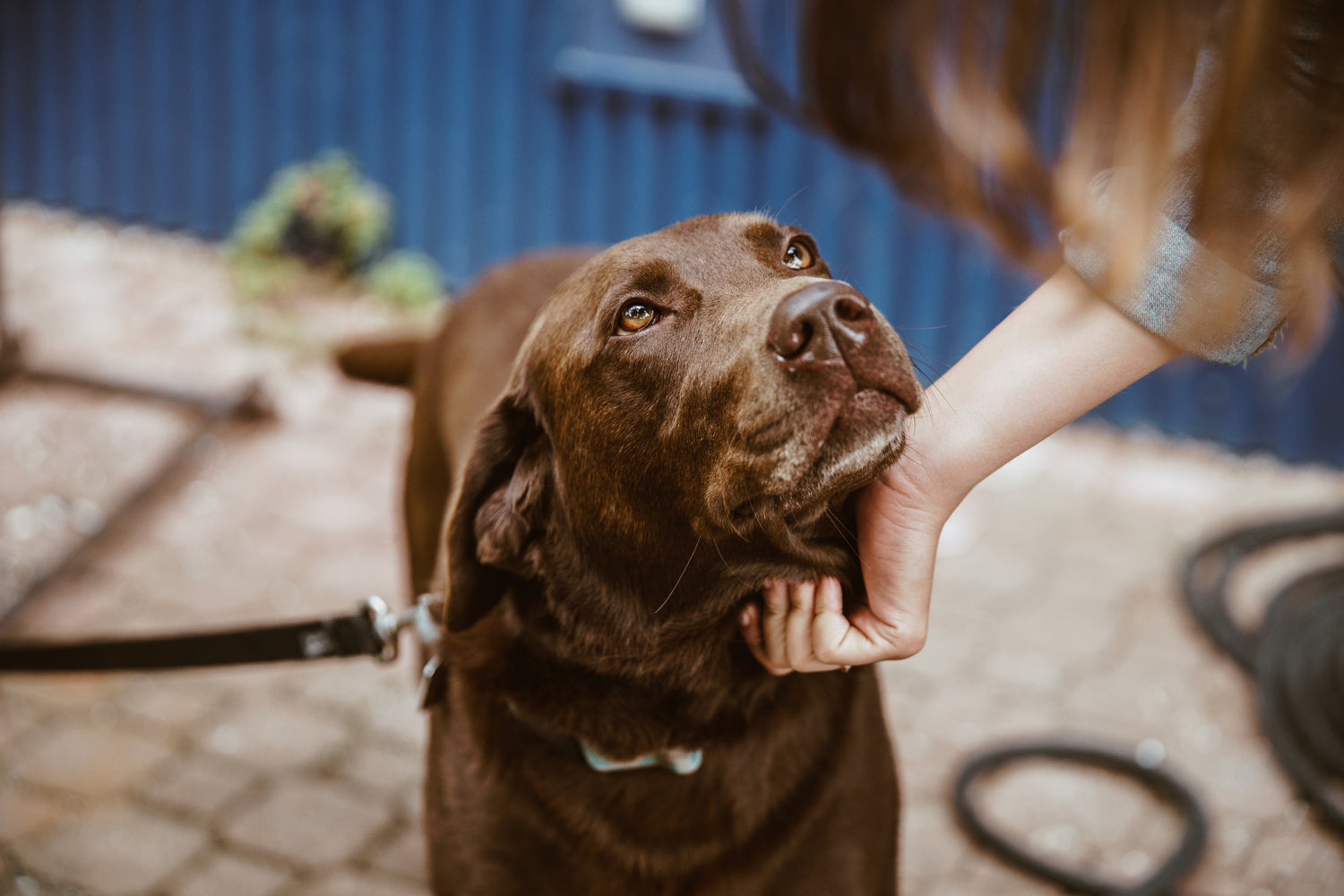
Looking for help with your dog?
We can help find the right solution for your dog
Feel free to give us a call on 01730 622544
or email us at woof@zoomadog.co.uk


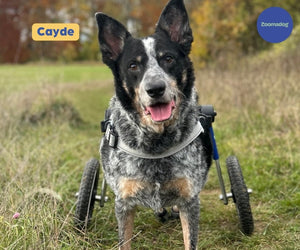
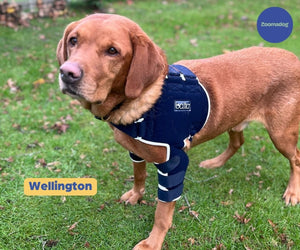
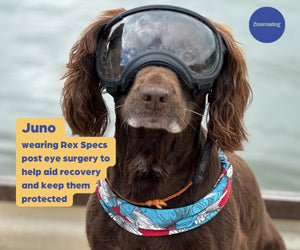
Leave a comment